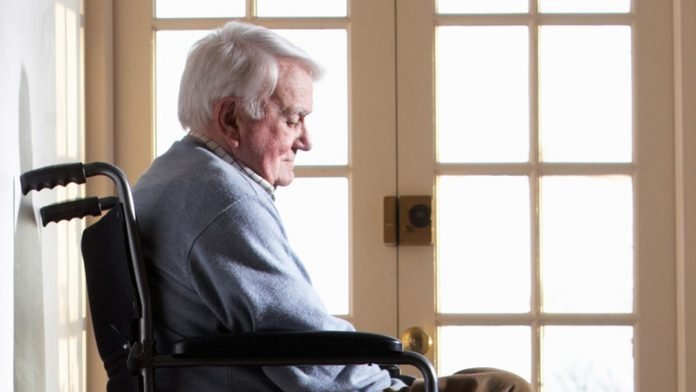Last Updated on April 27, 2024 by Umer Malik
In the elderly, loneliness has been related to decreased cognitive functioning, accelerated cognitive decline, increased occurrence of certain disorders and illnesses, and a greater risk of early mortality. Loneliness, according to scientists, has a similar effect on the body to chronic stress. Loneliness and isolation are significant indicators of elderly people requiring home care or admission to nursing homes. If you have an elderly parent, avoiding feelings of solitude should be a top concern to avoid some of the medical and emotional hazards that come with loneliness. There are several things you can do to keep your senior loved ones involved and connected to the outside world.
Table of Contents
Make Contact Frequently
As your loved ones enter their golden years, it becomes important to increase the frequency of your phone and in-person communication. Listening is sometimes the best thing you can do for someone. Simply being present and listening to your loved ones can make them feel less alone. Spending time with older family members may teach grandchildren a lot about life, and it can also make your loved one feel younger and more involved in family events. If distance is an issue, try using technology such as Skype or other video platforms to conduct virtual visits. Your elderly relative may not be the most tech-savvy, but that doesn’t mean they can’t learn to utilize something that will help them stay in touch with you, their friends, and other family members. Having the grandchildren teach their elders how to make full use of technology is a fantastic social opportunity. Seniors who learn to use their computer’s camera can communicate with family members all over the world via video chats.
Make Use of Available Resources within the Community
Look into resources available in the community. Many community centers provide a variety of senior-friendly activities, many of which are enjoyed by the elderly. This is a great opportunity for similarly aged and like-minded peers to connect, enjoy each other’s company, and eventually form friendships. Many groups even provide transportation to make it easier for those with physical restrictions to attend these events.
Volunteering has a variety of physical and mental benefits for lonely elders. It keeps the brain engaged while also encouraging physical activity. The senior has the chance to socialize with other volunteers who share the same giving spirit.
Read More: I Don’t Want To Care For My Elderly Parents
Encourage Physical Activity and Hobbies
Maintaining a healthy lifestyle can help your loved ones live a longer life as well as prevent loneliness by allowing them to participate in physical activities with their friends and family. Walking, swimming, Tai Chi, and yoga are ideal for seniors because they are not too strenuous but give a full-body workout, nonetheless.
Pool aerobics and ballroom dancing are other good activities that strengthen the body without strain. One of the great benefits of staying in a senior living community is that you will usually have access to things like a fully equipped fitness center and heated saltwater pools. Group workout programs encourage residents to keep active and have fun. The La Jolla assisted living program at Belmont Village, for example, provides the ideal combination of independence and assistance with a full calendar of social and educational activities to choose from with facilities like a sports lounge, a library, and a studio for creative arts.
Encourage your loved one to try new things. After all, you can teach an old dog new tricks, and retirement is the ideal moment to start taking advantage of the talents they never had time to nurture before. Bird watching, painting, pottery, woodworking, and scrapbooking are great ways to meet like-minded acquaintances while sharpening their cerebral capacity. Making new acquaintances is an excellent way to combat loneliness and depression.
Adopt Companionship in a Pet
While an animal cannot replace human friendship, studies have shown that caring for a pet can give both physical and mental advantages. A pet will keep a lonely senior occupied and turn an empty house into a fun place to be. Caring for a cat or dog (or any pet) lowers cortisol levels in the brain and boosts serotonin production, all of which lead to the elder feeling happier and less isolated.
Isolation and loneliness are very frequent among the elderly and can have a negative impact on your loved one’s mental wellbeing and cognitive functioning. You may help your older family members enjoy their golden years by better recognizing the risks of loneliness and implementing appropriate steps to fight it.
